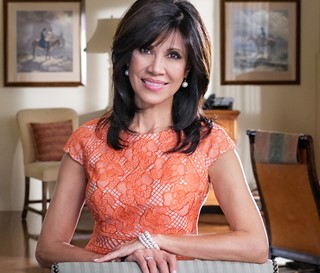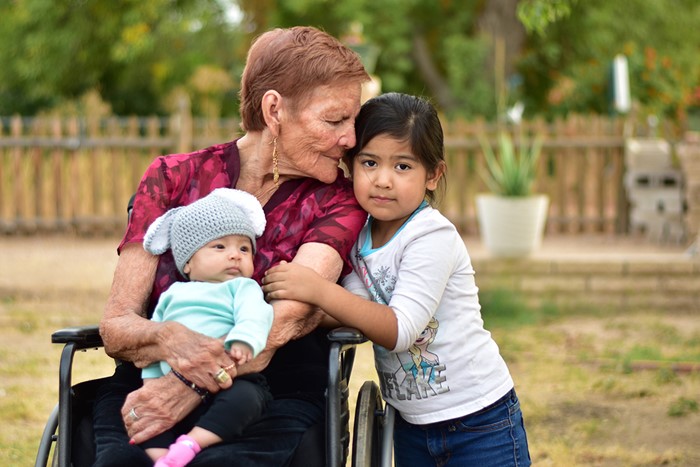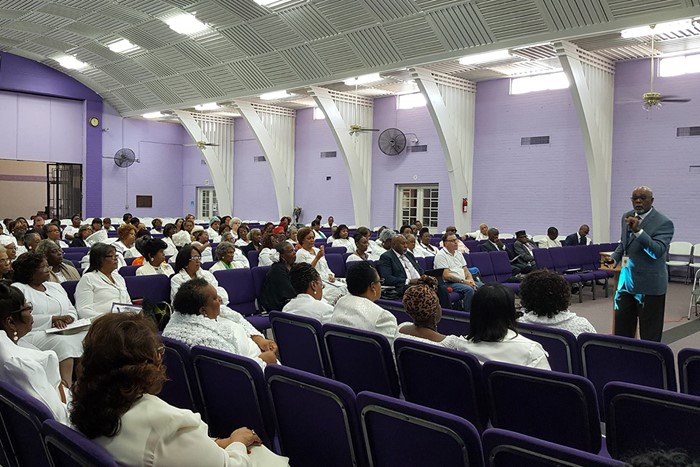Lin Sue Cooney: Hospice of the Valley provides culturally sensitive care

The Arizona Republic
February 24, 2018
Imagine being very ill. Then imagine being unable to communicate with doctors and nurses who are caring for you. How frightening would that be?
Many of our elderly who speak little or no English know exactly how that feels. Without a translator, they can’t ask about troubling new symptoms. They don’t understand the purpose of a new medication.
Hospice of the Valley’s numerous outreach programs helps take the fear away — through education and communication that is culturally sensitive.
In the Asian culture, it’s considered bad luck to talk about death or to plan for it.
Studies show African-Americans have a deep distrust of the health-care system, including hospice care.
And Hispanic families mistakenly believe that hospice takes a loved one to a “place to die” rather than assisting family members as they care for Mom or Dad in the comfort of home.
People should always feel supported by their caregivers — but even more so at end of life. So our not-for-profit agency has dedicated care teams who speak Spanish. We have a 24/7 Spanish phone line for those needing help after hours or on weekends.
Living will and other forms for end-of-life planning are available in Spanish. (We also created the forms in Filipino, after a Filipino physician requested them for patients who couldn’t understand the English version.)

Altagracia Zamora with her grandchildren. Hospice of the Valley offers Spanish translation services.
Our New Song Center for Grieving Children provides no-cost grief support to Spanish-speaking families through the Luz del Corazon program. And we host an education program on Spanish radio station El Patron 93.7 at 9 a.m. on the second Saturday of each month.
Last month, we helped educate the Asian community about aging with dignity. The sold-out event enlightened families by sharing how hospice care focuses on quality of life — and dispelling the cultural belief that it’s shameful to accept help in caring for elderly parents.
We also reach out to African-American congregations to allay suspicions they have about the cost of hospice care (yes it really is covered by Medicare) and to clarify that hospice does NOT hasten death. Quite the opposite — it’s about living with the highest quality of life possible for every moment that you have left.

Hospice of the Valley chaplain Stephen Gardner talks to members of a Valley church.
Community outreach often extends beyond ethnic groups. Recently, the Hearing Loss Association of America sought reassurance that hard of hearing patients would be able to listen to loved ones’ voices when they were at end of life and unable to put in their own hearing devices.
We enlisted the help of an audiologist to film a training video demonstrating proper placing of hearing aids and cochlear implants — so ALL Hospice of the Valley staff would have this knowledge, not just doctors, nurses and nurses’ aides but social workers and chaplains, too.
There should be no barriers when it comes to getting the best care during one of the most vulnerable times families will ever face. Education is the key to understanding how to achieve comfort and dignity on that journey.
